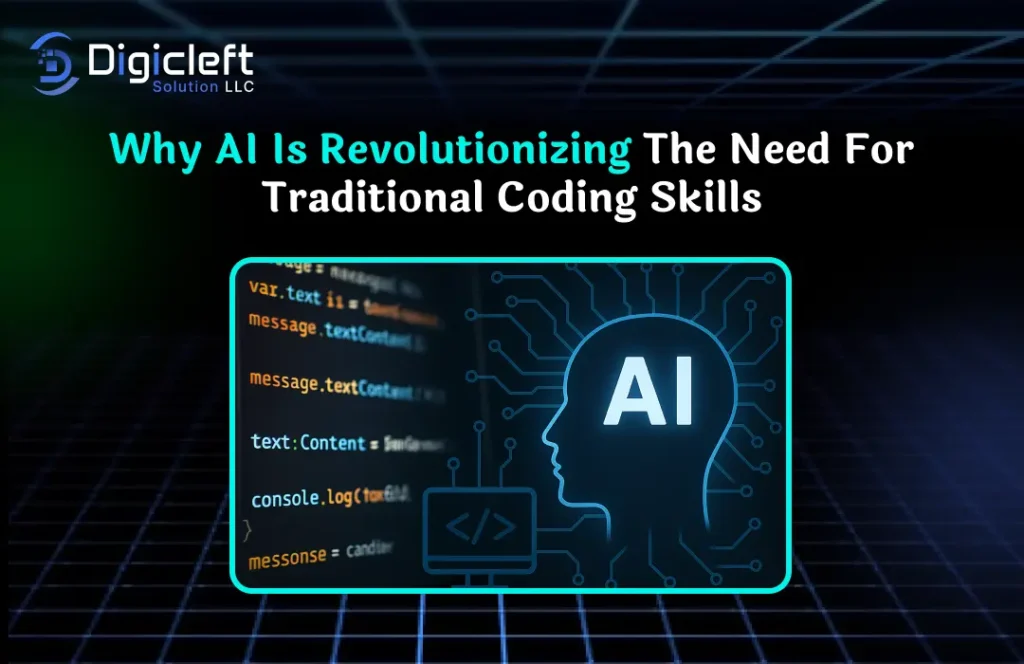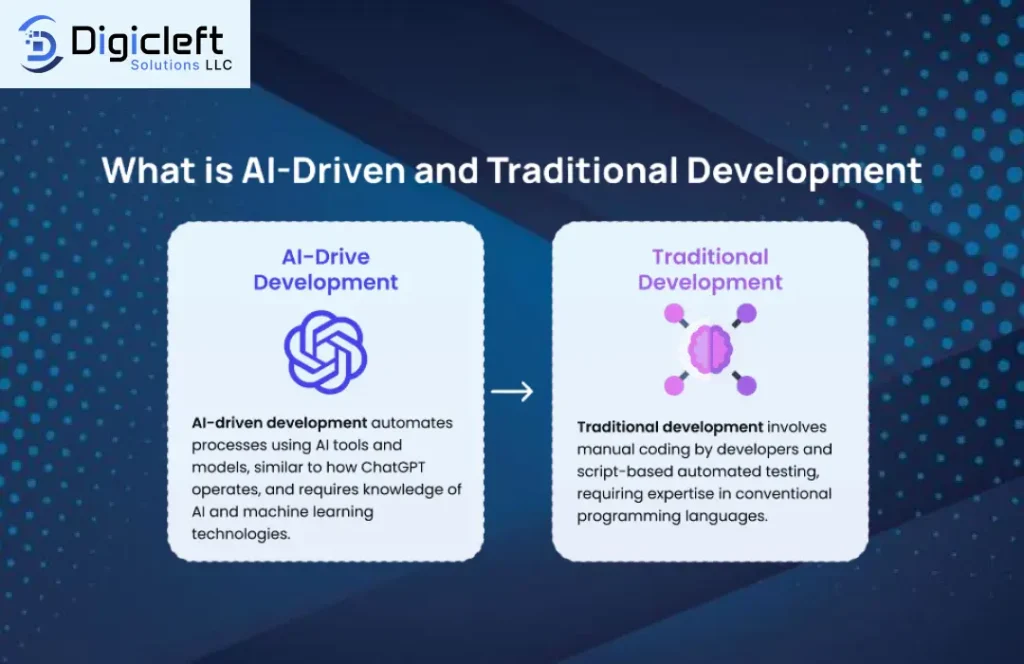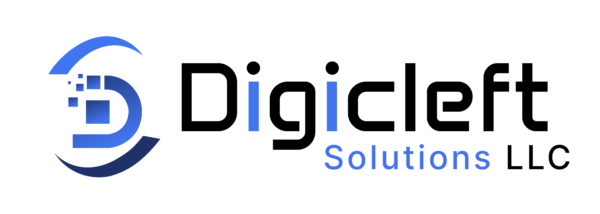
Coding used to be like learning a secret language. Only those who could read, write, and speak it easily were suitable to make websites, apps, and important systems. But today, artificial intelligence (AI) is rewriting that rulebook. Traditional coding skills, once considered the holy grail of tech, are no longer the only ticket into the digital world. AI is changing not just how we code but who gets to code.
The Rise of AI in Software Development
Remember when building an app took months of hard work, testing, and debugging? Now, with AI-powered tools, that timeline is shrinking. Low-code and no-code platforms are letting non-techies drag and drop their way to performing operations. AI-driven platforms like GitHub Copilot even suggest lines of code in real time, acting like a coding buddy who never sleeps.
Traditional Coding vs AI-Supported Development

The difference is like writing a book with a typewriter versus using a modern writing assistant. Traditional coding demands endless hours of typing, debugging, and fixing syntax. AI-supported development, on the other hand, speeds things up dramatically. It not only predicts what code you need but also points out errors before you even notice them.
How AI Is Reshaping Developer Roles
Developers are no longer just “code writers.” Instead, they’re becoming problem-solvers, innovators, and strategists. AI is handling repetitive coding tasks, which means humans can focus on the “why” instead of the “how.” With the rise of citizen developers people without formal coding training AI is giving everyone a shot at building digital products.
The Accessibility Factor
This is where the real magic happens. Thanks to AI, creating apps isn’t just for big tech companies anymore. Small businesses can now build tools to serve their customers without hiring a team of developers. Startups like Digicleft Solution are using AI-powered platforms to deliver digital solutions faster and more efficiently, leveling the playing field against larger competitors.

AI-Powered Automation in Coding
AI isn’t just about writing code it’s about testing, debugging, and optimizing it too. Tools like ChatGPT can generate sample code snippets, while automated frameworks catch bugs before users ever see them. It’s like having a safety net that ensures your product stays strong and reliable.
Real-World Examples of AI in Development
GitHub Copilot writes entire functions based on just a few comments. ChatGPT assists developers by explaining complex concepts or generating ready-to-use code snippets. Companies like Digicleft Solution are adopting these tools to cut down development time while still maintaining high-quality outcomes.
The Impact on Education and Learning Paths
Should kids still learn to code? Absolutely but not in the same way. Instead of spending years learning syntax, students can now focus on problem-solving, logic, and creativity. AI handles the heavy lifting, while humans learn to guide and refine the output.
AI and the Future of Traditional Programming Languages
Languages like Python, Java, and C aren’t going away anytime soon. Instead, they’re evolving into tools that humans and AI will use together. Think of it as speaking the same language with a smarter translator by your side.
Challenges and Limitations of AI in Coding
Of course, AI isn’t perfect. Relying too much on it can create blind spots. There are security risks with AI-generated code, and ethical concerns about bias. Developers still need to keep an eye on what the AI produces because even the smartest assistant can slip up.
AI’s Role in Collaborative Development
AI is also becoming a glue that holds teams together. By auto-completing code or summarizing progress, it makes collaboration smoother. In remote work environments, AI tools ensure everyone stays on the same page literally.
The Career Perspective
For developers, this shift is both exciting and intimidating. But here’s the good news AI isn’t here to take jobs, it’s here to transform them. Roles will move from coding grunt work to higher-level design, architecture, and innovation. Those who adapt will thrive.
The Business Impact
From startups to global enterprises, AI is cutting costs and speeding up development cycles. A process that once took six months can now be done in six weeks. That’s a massive win for companies trying to stay ahead in a fast-moving digital world.
The Bigger Picture: Creativity Over Syntax
At the end of the day, AI is pushing us to focus less on writing endless lines of code and more on bringing ideas to life. It’s like shifting from learning how to build a car engine to designing the car of the future. The focus moves from mechanics to vision.
Conclusion
AI isn’t here to abolish coding it’s here to enhance it. While traditional coding skills still matter, their role is changing. Developers, businesses, and even everyday people are now empowered to create, innovate, and solve problems without being held back by technical barriers. In this new era, coding is less about syntax and more about creativity, collaboration, and strategy.
FAQs
1. Will AI fully replace programmers?
No, AI won’t replace programmers. It will handle repetitive tasks, but human creativity, problem-solving, and oversight remain essential.
2. Do newcomers still need to learn coding?
Yes, but the focus should shift from learning syntax to understanding logic, structure, and problem-solving.
3. How secure is AI-generated code?
AI can generate secure code, but developers must review and test it thoroughly to avoid vulnerabilities.
4. Which industries benefit most from AI in coding?
Tech startups, e-commerce, healthcare, and finance are among the industries benefiting from AI-powered development tools.
5. How can developers adapt to this shift?
By learning to work alongside AI, focusing on creativity, and expanding into areas like system design, architecture, and strategy.


